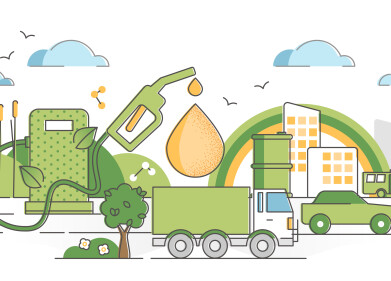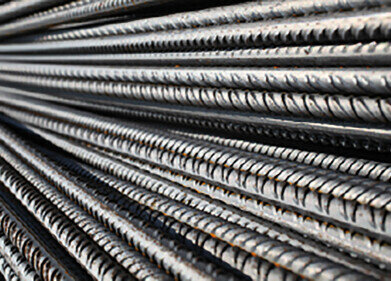Biofuel industry news
Waste to Energy: Made-to-Measure System for Biogas Production and Waste Disposal
Jun 13 2012
Eisenmann (Germany) has developed a new biogas upgrading system that will give customers direct access to the natural gas pipeline system. Highly selective membrane technology separates the raw biogas and concentrates the methane content to more than 97 percent. As a result, operators can feed the biomethane into the natural gas pipeline without prior treatment. Eisenmann supplies the membrane technology as part of a connection-ready facility.
“This highly flexible, modular process is ideal for low-capacity upgrading,” declares Lukas Graf, a biogas upgrading specialist employed by Eisenmann Anlagenbau GmbH & Co. KG. “The throughput rate can be easily adapted to the customer’s specific requirements. Our equipment can be retrofitted to any biogas plant, not just those built by Eisenmann.” With product modules becoming more and more standardised, the Eisenmann process is an increasingly attractive, economical option for plants that produce less than 500 Nm³/h of raw biogas.
To guarantee operators the ideal solution for their specific plants, Eisenmann’s experts test each system under real conditions in the company’s Technology Center before delivery. The industrial solutions specialist has already sold one biogas upgrading facility featuring highly selective hollow-fiber membranes. It will be employed by a longstanding customer from summer 2012 to process up to 210 Nm³ per hour of biogas per hour. This quantity is equivalent to the annual natural gas consumption of 430 four-person households or 800 LNG-powered vehicles driven 13,000 kilometers per year.
The raw biogas produced by the digester is composed of 55 percent methane and about 45 percent carbon dioxide (CO2). This mixture of gases is filtered at high pressure through hair-thin hollow-fiber membranes that are more permeable to CO2 than to methane. This yields a methane concentration of more than 97 percent. The membranes employed minimise methane loss, which is below one percent.
Digital Edition
PIN 25.6 Buyers' Guide
January 2025
Buyers' Guide Directory - Product Listings by Category - Suppliers Listings (A-Z) Articles Analytical Instrumentation - ASTM D7042: The Quantum Leap in Viscosity Testing Technology -...
View all digital editions
Events
Jan 22 2025 Tokyo, Japan
Jan 25 2025 San Diego, CA, USA
SPE Hydraulic Fracturing Technology Conference and Exhibition
Feb 04 2025 The Woodlands, TX, USA
Feb 05 2025 Guangzhou, China
Trinidad and Tobago Energy Conference 2025
Feb 10 2025 Point Lisas, Trinidad


















